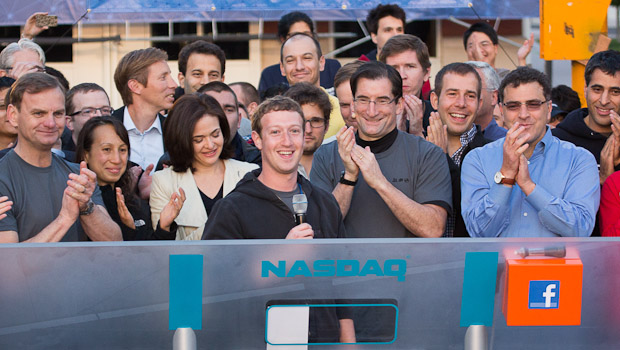Making governments and businesses more accountable is ultimately the role for voters and consumers.
Suzanne Snively, Chair of Transparency International’s New Zealand arm and Mick Macauley of Victoria University laid out the objectives of the Open Government Partnership at the Open Source, Open Society conference in Wellington today.
The partnership, driven by the British government but endorsed by US President Obama, was launched in 2011 to make governments more open, accountable, and responsive to citizens.
Underlying the partnership are four principles; technology, accountability, open participation and transparency.
For governments the biggest challenge is probably in transparency in making information on government activities and decisions comprehensive, timely and freely available to the public.
Probably the biggest challenge is accountability, a topic which goes far beyond governments, including both politicians and public servants, into the business community and society in general.
“The role of civil society is absolutely crucial,” says Macauley while Snively adds “Democracy is going to have to start with the user.”
Ultimately democracy and the markets will decide how transparent societies become, it’s up to voters not to tolerate secretive government and consumers not to tolerate untrustworthy businesses.





